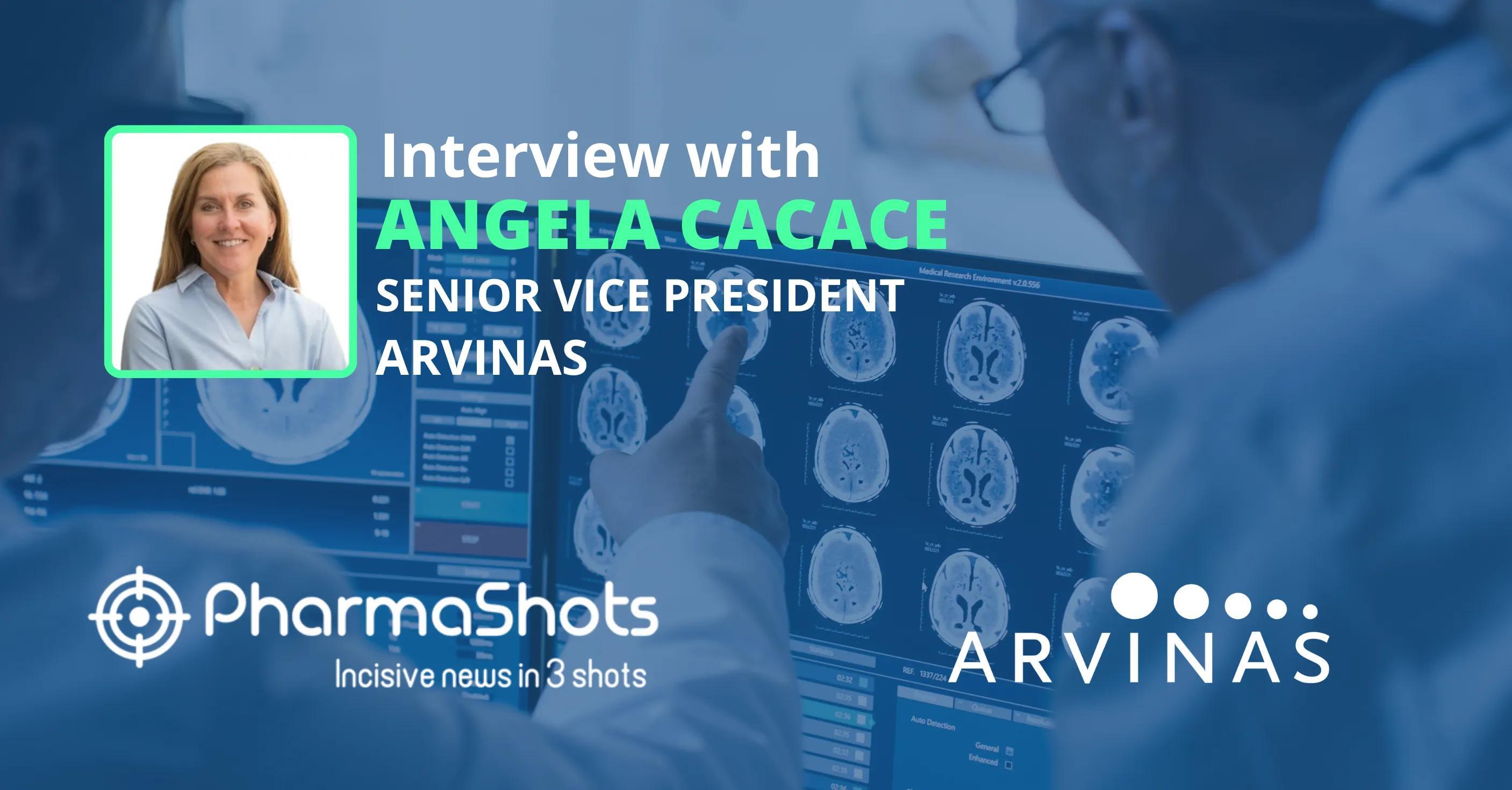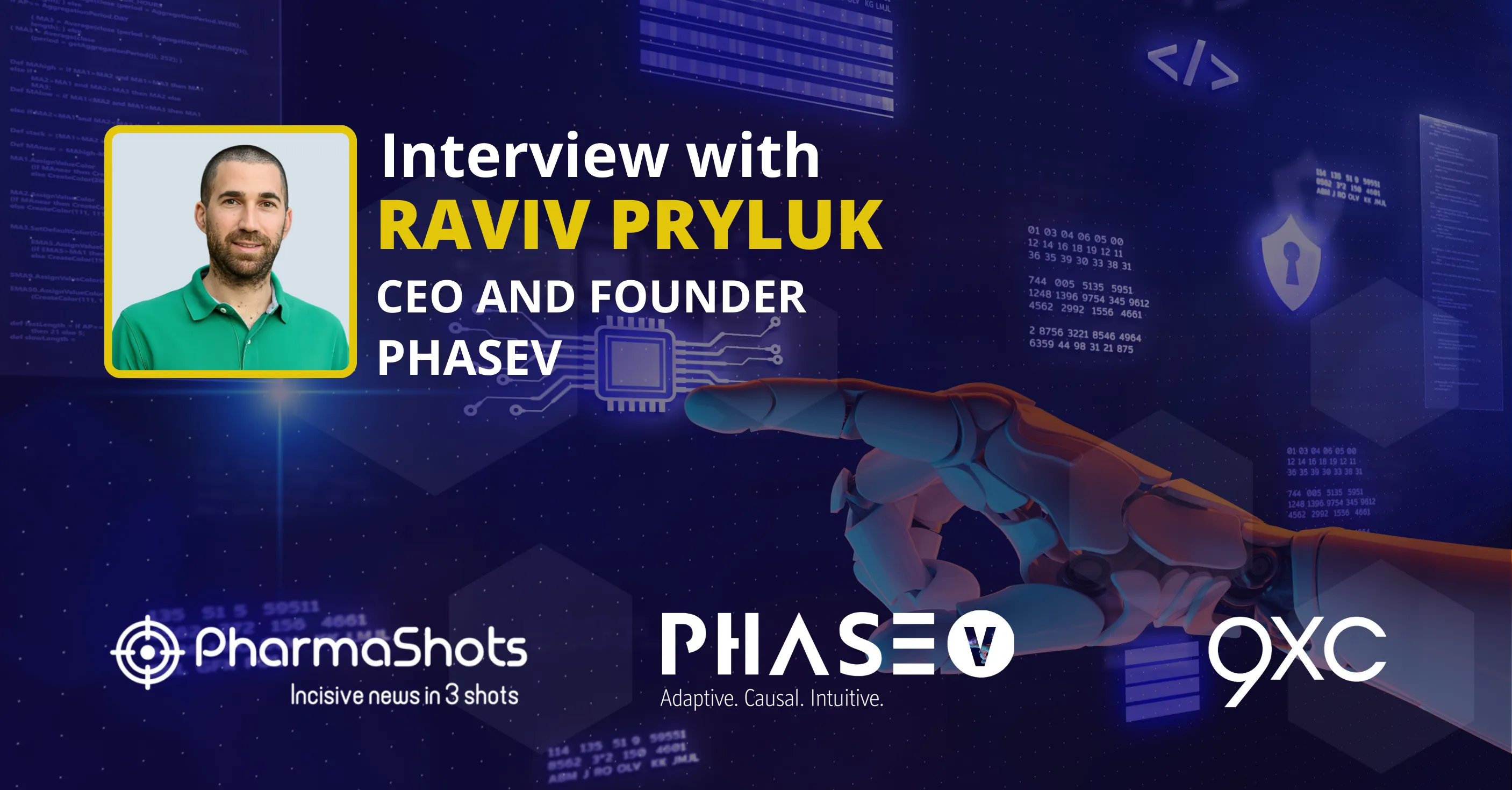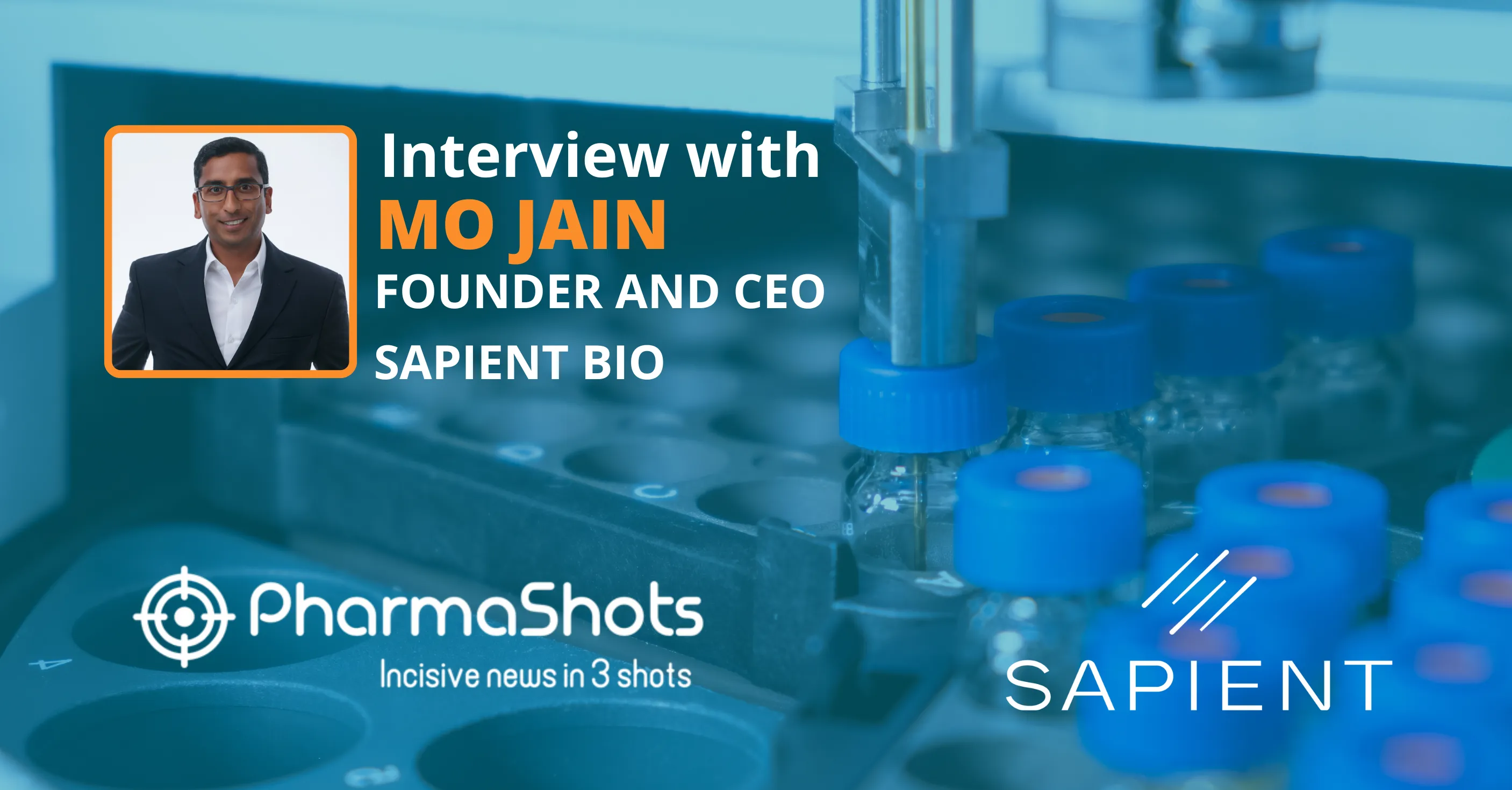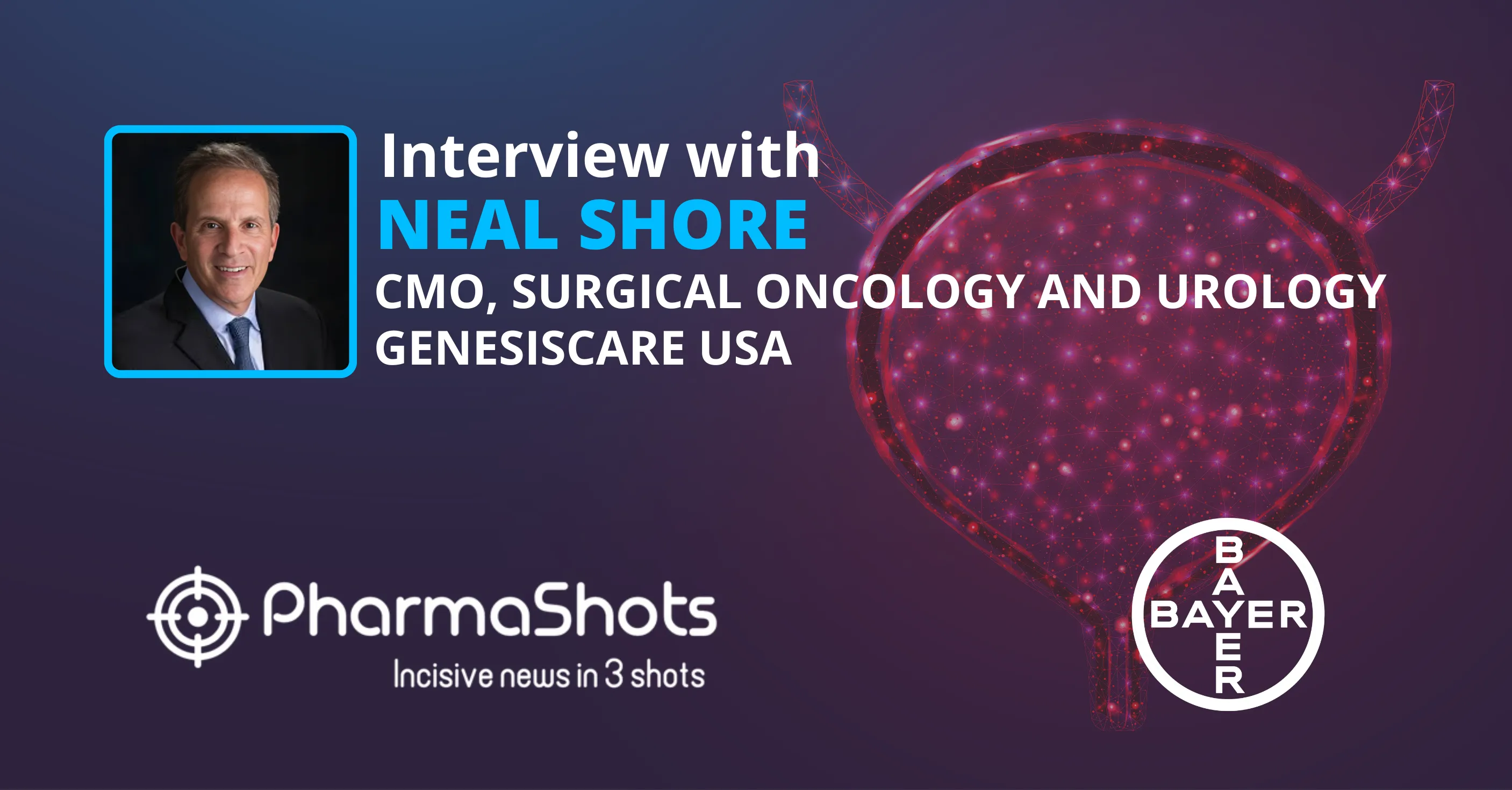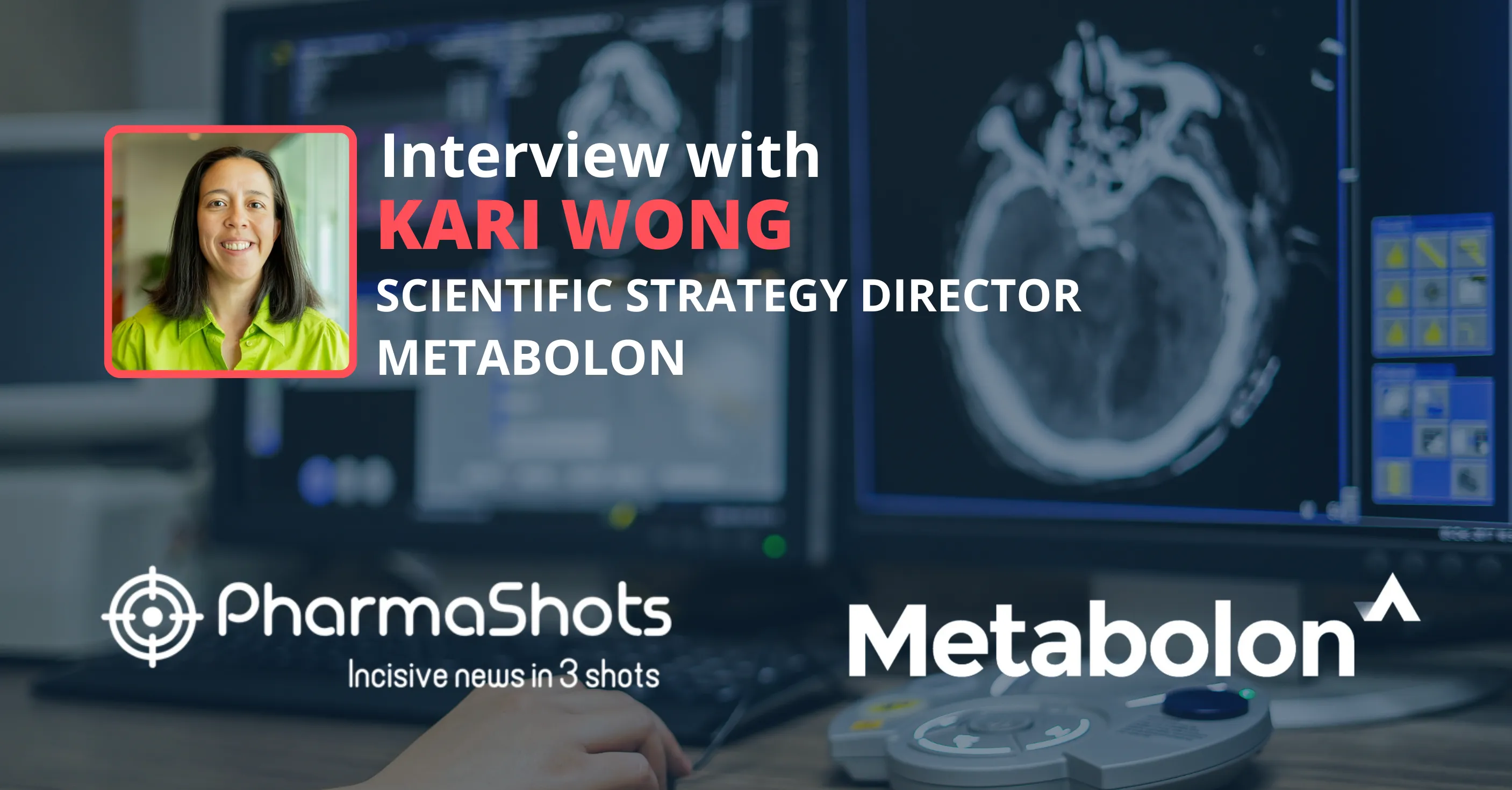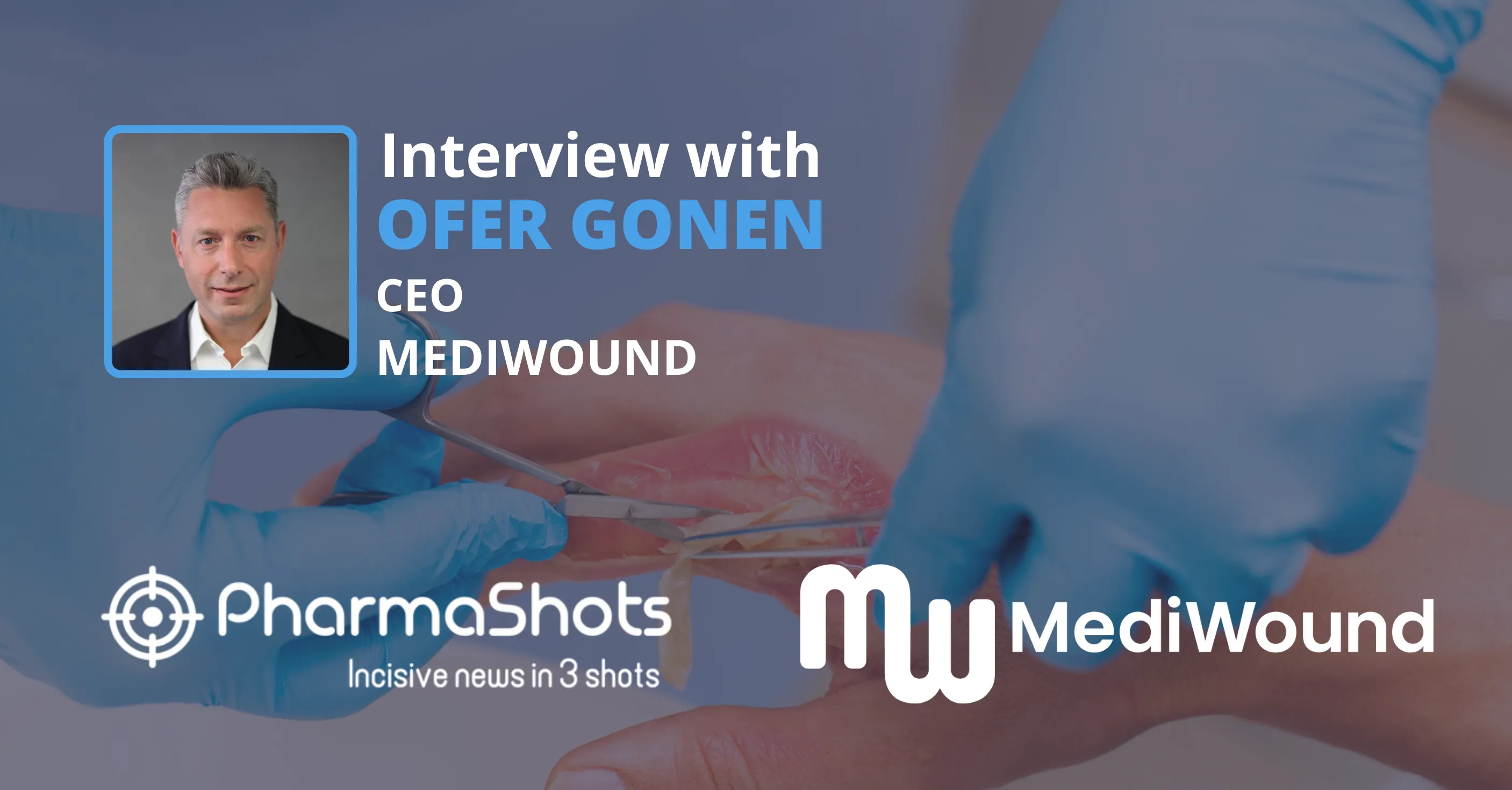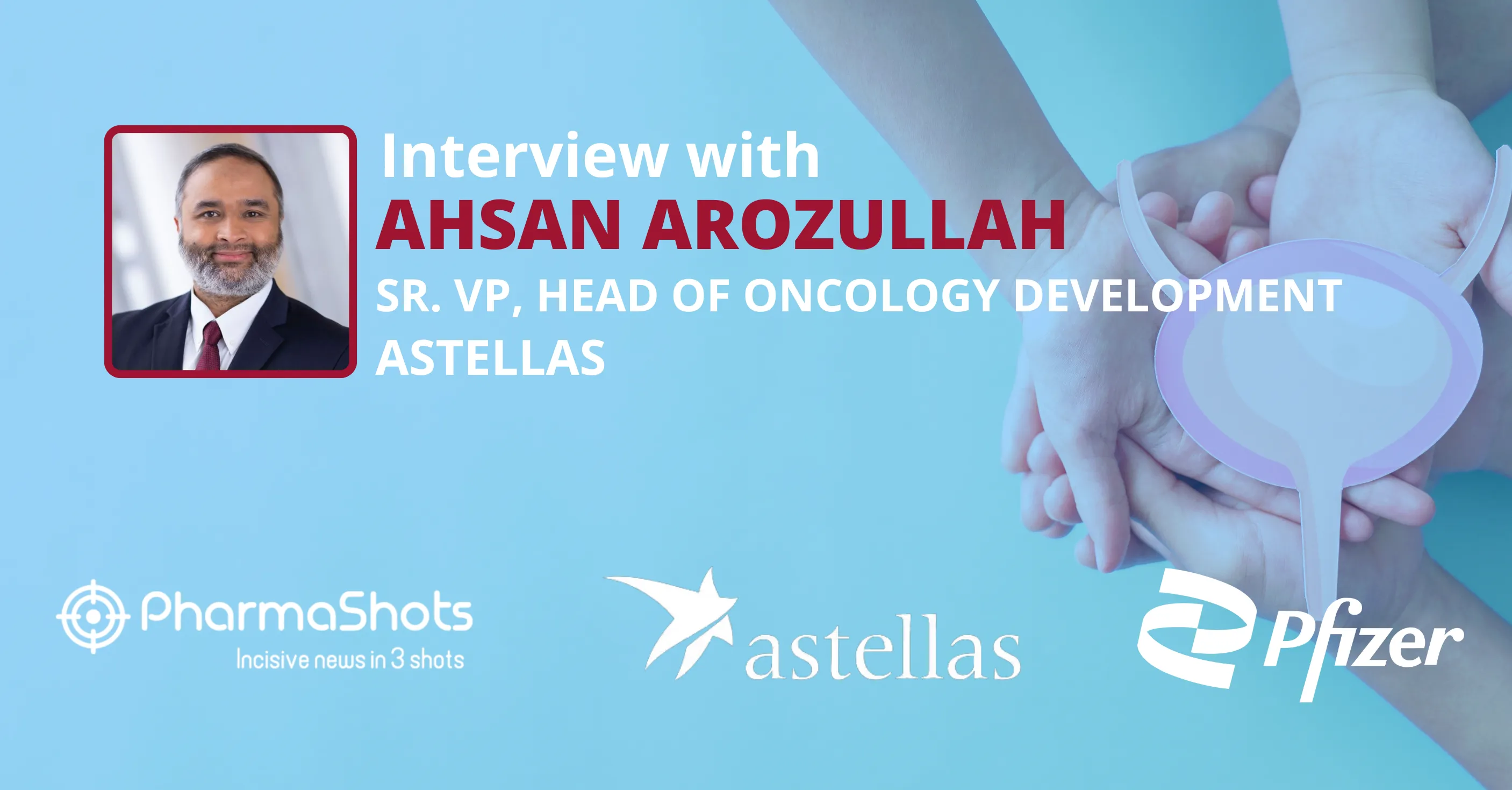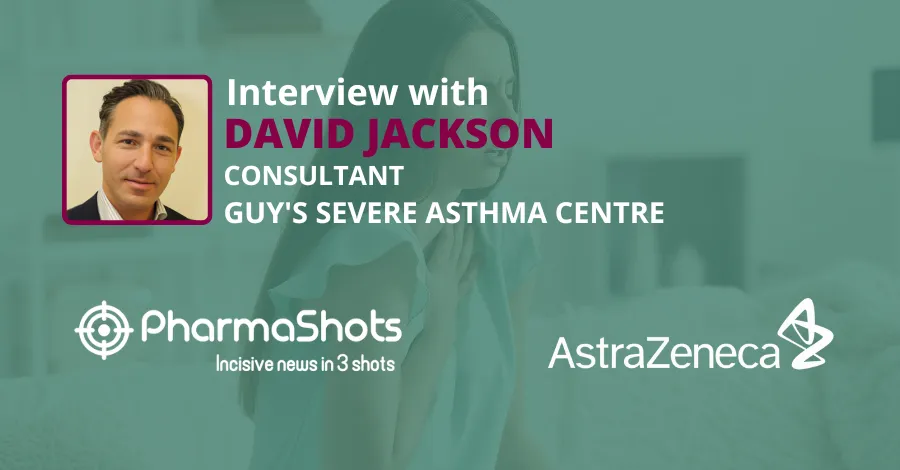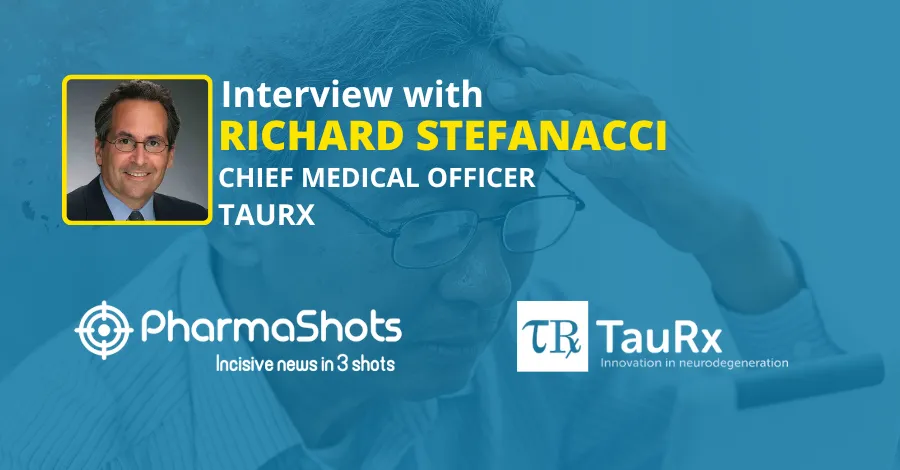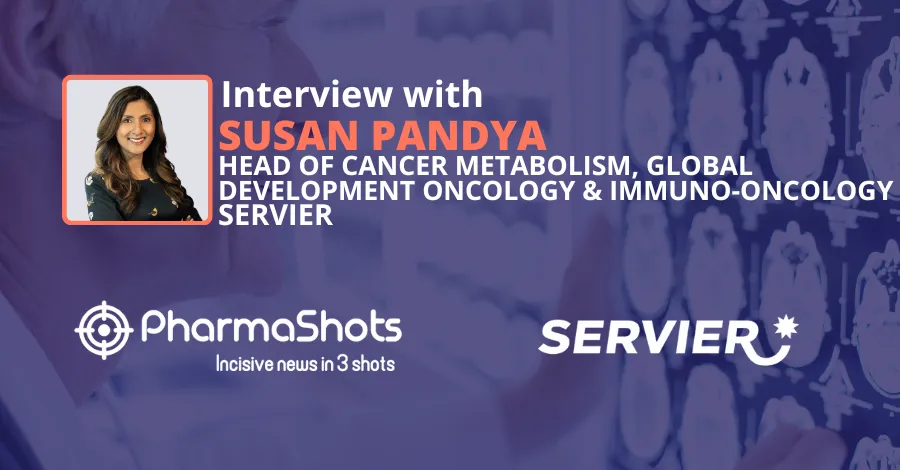
PharmaShots Interview: Alto Neuroscience’s Dr. Amit Etkin Shares Insights on the Future of Psychiatric Medicines
In an interview with PharmaShots, Dr. Amit Etkin, CEO and Founder of Alto Neuroscience shared his views on its clinical stage pipeline in the emerging hot precision psychiatry space. He also put his views on the funding received by the company for the development of its pipeline.
Shots:
- Using precision psychiatry, the company’s human data R&D platform identifies brain biomarkers to match patients most likely to respond to one of the drugs they are developing
- The company has raised $40M in funding (seed + series A) to support the development of its pipeline, which includes P-II stage programs in major depressive disorder and PTSD
- The company revealed it has the largest clinical-stage pipeline in the emerging hot precision psychiatry space, with 11 assets
Tuba: Firstly, can we talk about the Alto Neuroscience financing round (details) for our readers?
Dr. Etkin: Alto is supported with $40 million in financing raised to date, including a Series A investment led by Apeiron Investment Group.
Tuba: Can you tell who all the investors are in the financing rounds?
Dr. Etkin: In addition to Apeiron, Alto is backed by Windham Venture Partners, What If Ventures, Able Partners, Risk and Return and Tim Kendall, as well as other investors with a strong commitment to the improvement of mental health treatment.
Tuba: Can we talk about a proprietary AI-based platform for asset identification?
Dr. Etkin: Our proprietary biomarker platform gives us the ability to identify likely drug responders based on individuals' unique neurobiology. Brain biomarkers measured by our platform include EEG activity and behavioral patterns, wearable data, and genetics. These serve to both identify responsive patients and indicate the effects of different drugs on the brain. Artificial intelligence (AI) helps us optimize the best signature to match patients with the right Alto drugs, taking the guesswork out of treatment. Our drug pipeline consists of novel medicines, and is focused on three key mental health domains: cognition, emotion and sleep.
Tuba: Would like to ask why psychiatric diseases or mental health?
Dr. Etkin: We have seen almost no progress in the diagnosis and treatment of mental health conditions in the last few decades. In psychiatry, trial-and-error is the dominant way that we select medications. What this means is that patients can go from trying (and often failing) one drug to another without knowing when they will find relief. Different people respond to the same drug in different ways, and the same drug can be either lifesaving or useless depending on the person. We aim to align the right patient with the right drug to produce a transformative outcome the first time.
Alto was founded as a culmination of the high-impact research done by founder and CEO Amit Etkin, M.D., Ph.D., at his Stanford lab. Now, the team leverages big data approaches coupled with measures of brain and behavior to understand if a particular drug being developed at Alto is the right one for a particular patient. While biomarkers can be used to attain better diagnoses, Alto was founded with the purpose of using precision tools to develop and deliver better treatments, as ultimately this is the primary need in the clinic.
Tuba: Can you describe in brief MDD and PTSD disorder? Also, its epidemiology (global), prevalence among others
Dr. Etkin: Major depressive disorder (MDD) or depression affects 5% of adults globally and 7.8% of adults in the U.S. It is characterized by a depressed mood. People with depression may lose interest in daily activities or experience problems with sleep, appetite, energy and concentration.[i]
Posttraumatic stress disorder (PTSD) is a mental health condition triggered by witnessing or experiencing a shocking event. Approximately 6% of the people living in the U.S. will develop PTSD during their lives.[ii] People with PTSD may feel stressed or frightened and exhibit symptoms related to cognition, mood, reactivity, avoidance, and flashbacks of the trauma.[iii]
Both MDD and PTSD can interfere with everyday life and limit one’s ability to carry out activities of daily living, and people experiencing these conditions are met with very little innovation on the treatment front.
Tuba: Please share a glimpse of Alto’s Psychiatry and mental health pipeline?
Dr. Etkin: We have 11 clinical stage assets in our pipeline at this time. We are currently evaluating three candidates, ALTO-100, ALTO-202 and ALTO-300, in Phase 2a studies for MDD and PTSD. Phase 2 data readouts are anticipated in these indications for each drug candidate by mid-2023.
Tuba: Is Alto Neuroscience planning for the next round of funding or planning for IPO? If yes, any expected timeline?
Dr. Etkin: We are thankful for the ongoing support from an incredible syndicate of investors and the funding that we have raised to date. We plan to pursue additional funding at a time that will allow us to further advance and expand our pipeline.
Tuba: Do you feel any competition in this space? What are the existing diagnosis and treatments for mental health conditions?
Dr. Etkin: Our competition is the trial-and-error standard of care treatments of today, which are largely generic medications. At present, diagnoses rely only on clinical judgement and, on average, treatments have a small effect. Clinical trial design has not accounted for biological factors associated with an individual’s likelihood to be receptive to certain treatments, which has contributed to a persistent lack of innovation and fundamental failures in psychiatric drug development. By bringing precision into drug development, we expect that our drugs will compete well with the trial-and-error drugs of today and be favored by all stakeholders in psychiatry, because they are more likely to bring relief to patients faster.
References:
[i] World Health Organization. (n.d.). Depression. World Health Organization. Retrieved December 2, 2021, from https://www.who.int/news-room/fact-sheets/detail/depression.
[ii] Va.gov: Veterans Affairs. How Common is PTSD in Adults? (2018, September 13). Retrieved December 2, 2021, from https://www.ptsd.va.gov/understand/common/common_adults.asp.
[iii] U.S. Department of Health and Human Services. (n.d.). Post-traumatic stress disorder. National Institute of Mental Health. Retrieved December 2, 2021, from https://www.nimh.nih.gov/health/topics/post-traumatic-stress-disorder-ptsd.
Image Source: Emerald Pyschiatry & TMS Center
About Dr. Etkin:

Amit Etkin, MD, PhD, is a trained psychiatrist, neuroscientist and has been on the Stanford faculty since 2010. As a tenured Professor, he became an international leader in the neuroscience of psychiatric disorders and their treatments. In recognition of the influence of his ideas and work, Amit received the Director’s Pioneer Award; the most competitive and prestigious NIH grant and the first one given in clinical psychiatry. He has also consistently ranked in the top 0.1% of researchers by citations.
Related Post: PharmaShots Interview: Clario’s Joe Eazor Shares Insight on the Clinical Trial Innovation and Evidence

This content piece was prepared by our former Senior Editor. She had expertise in life science research and was an avid reader. For any query reach out to us at connect@pharmashots.com



